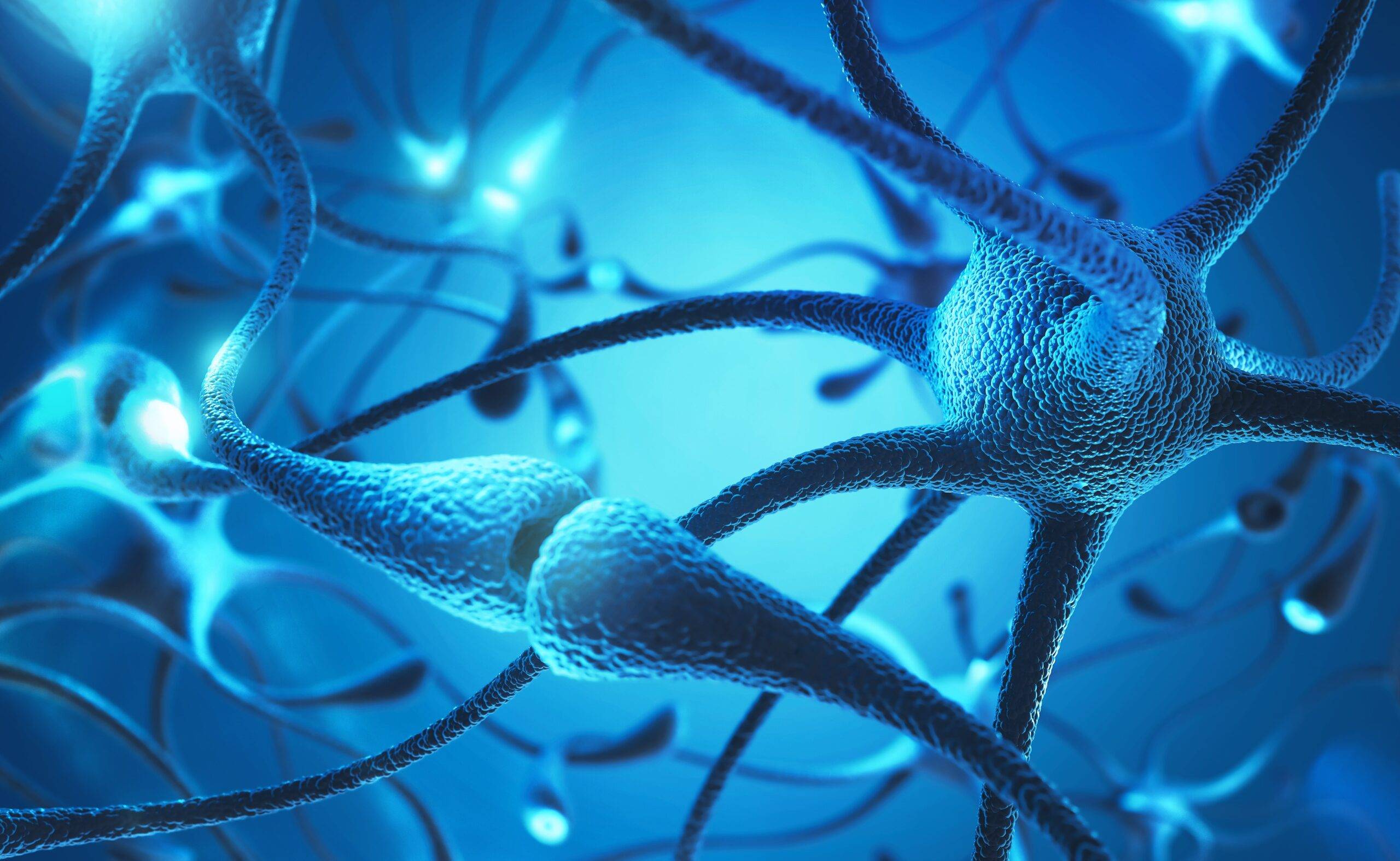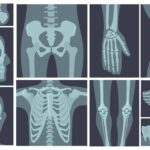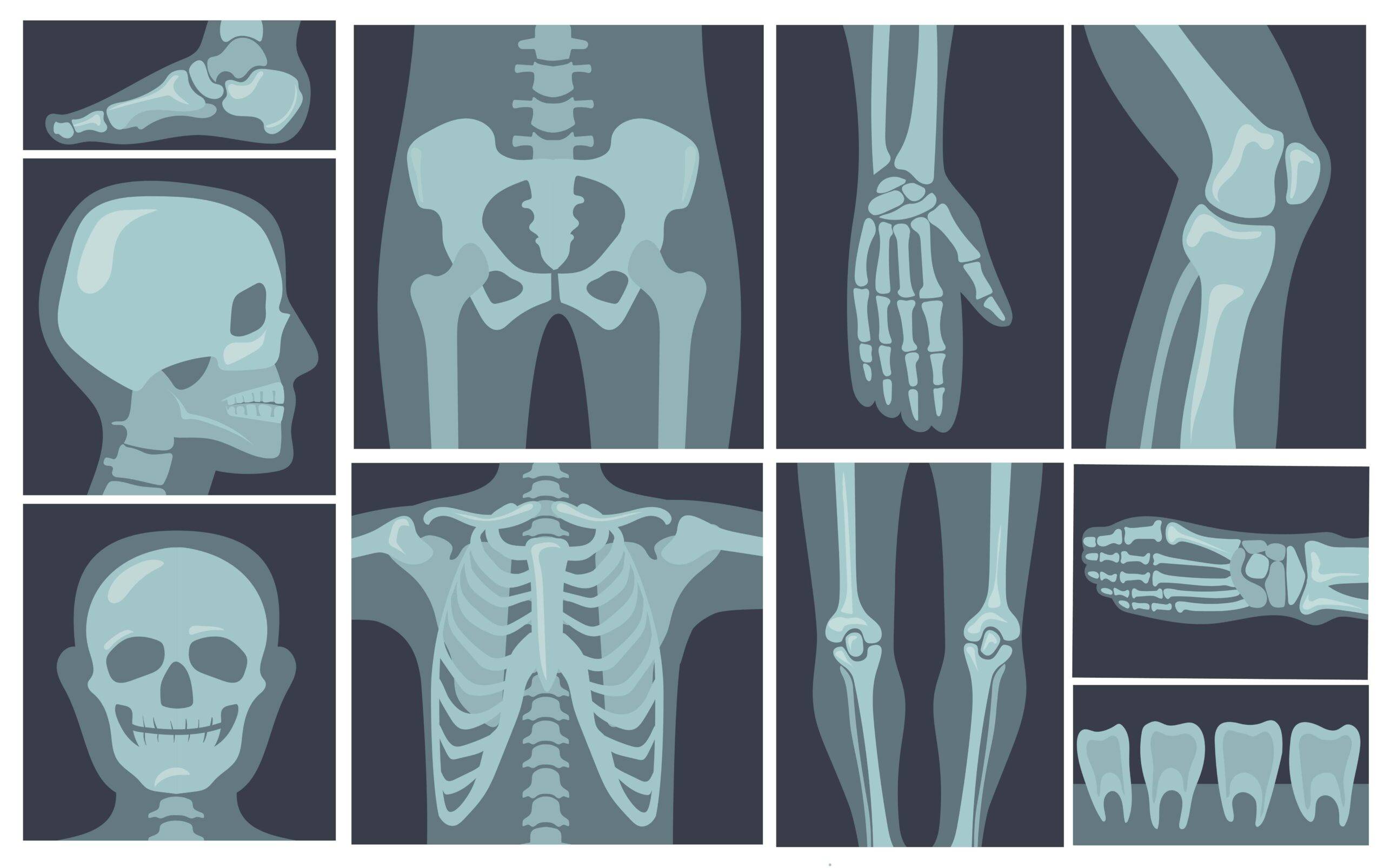Thanks to advanced technology and neuroradiological imaging systems, inaccessibility of the brain and spinal cord has been overcomed and currently all types of interventions have become safely applicable. CT, MRI, and Central Nervous System angiography provide information on the nature and localization of diseases.Extremely delicate operations are being performed using such methods as microscopy, navigation, …
Thanks to advanced technology and neuroradiological imaging systems, inaccessibility of the brain and spinal cord has been overcomed and currently all types of interventions have become safely applicable. CT, MRI, and Central Nervous System angiography provide information on the nature and localization of diseases.
Extremely delicate operations are being performed using such methods as microscopy, navigation, CUSA, laser, and stereotaxis. Operations, which would have resulted in deaths or permanent impairments previously, now end up with recovery. The Memorial Hospital employs this high technology and offers highest-quality services in neurosurgery through intensive care facilities and an experienced staff. In spinal diseases, disc surgery is being performed using open, closed, and micro methods and moreover, spinal canal narrowings and spinal fixations are being performed by anterior, lateral, and other approaches. The spinal cord itself is being intervened in by laser CUSA and microscopy.
For traumas, both intensive care and surgical services are being offered on a 24-hour basis and injuries of the central nervous system and the spine are being treated. In addition, treatments of traumatic or tumoral bone losses are being performed, achieving functional and cosmetic outcomes. For vascular diseases of the brain and the spinal cord, interventions are being performed using microsurgical techniques and microscopes, resulting in recovery. Pediatric neurosurgery, congenital diseases, pediatric brain and spinal diseases are being treated surgically.
Peripheral neurological diseases, neuronal compressions and injuries and when necessary, neuronal transplantations are being performed using micro-anastomosis techniques. Through coordinated work of the neurosurgery, neurology, and neuroradiology departments, occlusions of the blood vessels are eliminated by the use of medications, stents, or direct surgical methods and permanent damages are likely to be prevented in case of a brain stroke.
Neurosurgical patients applying to the Memorial Hospital are able to have definitive diagnoses in a short time by means of the nuclear diagnosis, computed tomography and magnetic resonance, and angiography units serving on a 24-hour basis. Neurosurgical operations are performed in modern surgical rooms equipped with laminar airflow and HEPA filters, with the support given by the most reliable anesthesia teams in their field.
Neurosurgical patients are given pre- and post-operative care in the Memorial Hospital’s intensive care units equipped with the most recent technological facilities, using most advanced treatment protocols.













